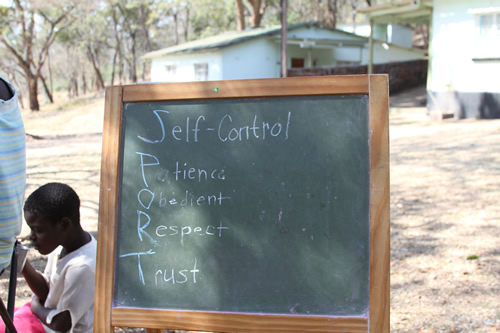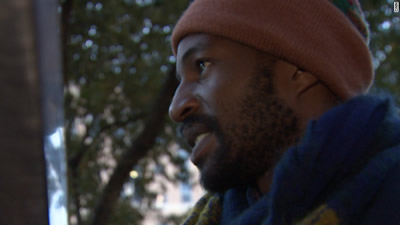
With all things being equal for one to pass through the stages indicated in Maslow’s hierarchy of needs they need support from family, community and the government. When a child is born, they are provided with all basic needs by their parents or guardians and in some cases the government. They go to school when they reach school going age and proceed to university or college where later they find a job or venture into their own projects. This enables them to attain a social standing within the community thus they then move to the last stage of self-actualisation, which at times can be realised after a long period of time. In some communities every child is given the ability to go through these stages. This however, is not the case for young boys and girls in Zimbabwe’s ‘illegal’ settlement at Hatcliffe Extension.
The community has witnessed a number of evictions under Operation Murambatsvina, which has left the lives of young people marginalized. The lives of people are at threat due little or no access to basic needs such as shelter, food, education, clothing, health and sanitation. Young people growing up in such a community face various challenges. Speaking at a Food for Thought Session at the US Public Affairs Section this week, Petros Chatiza, the Programmes Coordinator of Young Achievement Sports for Development (YASD) highlighted that, when they pay fees for a pupil, the pupil can fail to make it to school because they have no access to proper food and proper health care. This shows that the challenges faced by young people interlace with each other. His organisation is thus embarking on bringing lasting change to the lives of the youths in the Hatcliffe Extension community through unconventional approaches.
The organisation states that is uses ‘unconventional approaches to move members from biological (basic) aspirations to self realisation’. This is done through sports and arts among other activities. They provide a platform for young people to find their potential and makes use of their talents and in so doing find some level of self fulfilment. Street soccer is a main component, which they use to engage the community. As evident in any displaced community isolation can be a challenge faced by members. Hence street soccer tries to bring together every member of the community regardless of age and gender. This was a justification provided by YASD’s Information and Communication officer on why they chose soccer. The organisation now participates at the Homeless World Cup, which seeks to energise homeless people to change their lives.
Also speaking at the event were two participants from the community. Gwauya has ventured into theatre through taking part in YASD programmes in his community. He has also been privileged enough to take part in international activities representing homeless people. Emily, through her engagement in YASD’s sports programmes has undergone soccer coaching provided by one of Zimbabwe’s international based soccer players, Joel Lupahla. Today she is a coach at a local school. YASD was applauded for these testimonies. Such programmes that enable children growing up in vulnerable situations should be emulated. Thus through the work of YASD hundreds of Hatcliffe Extension’s young boys and girls are today inspired to change their lives, to live a better life and to develop their community!












